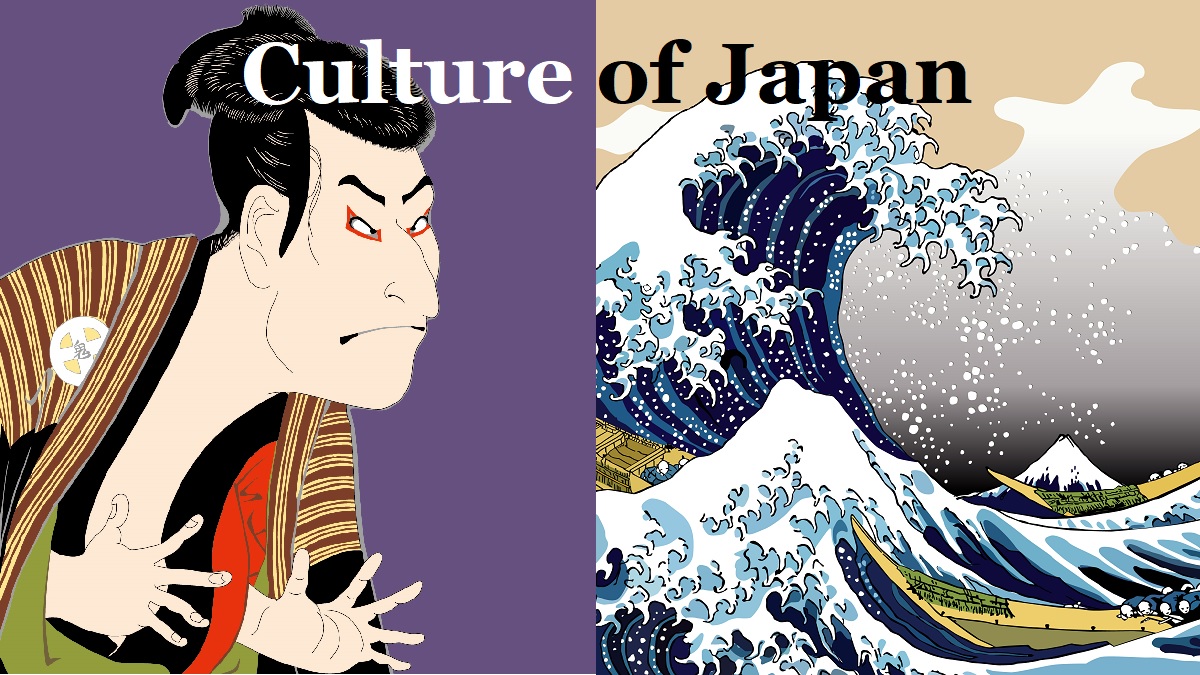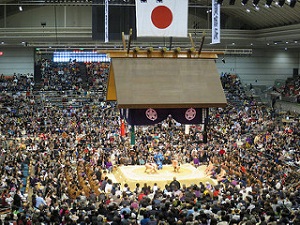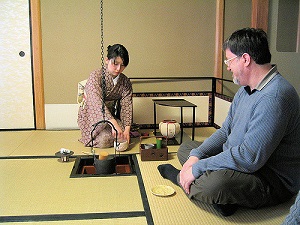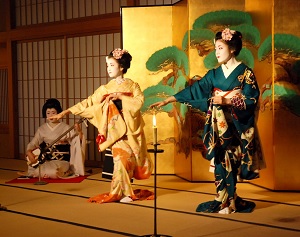Culture of Japan
Sakura (Cherry Blossom)
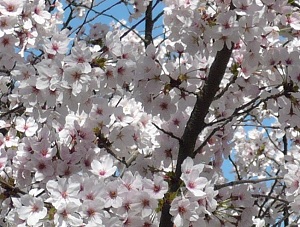
Cherry blossom is called Sakura in Japanese.
Japanese people including myself really love Sakura.
In the world, it is known that Sakura is a symbol of Japan.
And it is a culture of Japan.
If you will visit Japan, it is good for you to know Sakura in Japan.
I introduce the helpful knowledge to enjoy seeing sakura in Japan in the following page.
Samurai, Ninja, and Japanese Castle
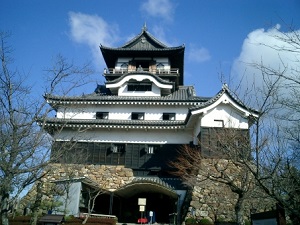
Inuyama Castle (National Treasure)
Are there still Samurai and Ninja in Japan?
Of course, the answer is “No”.
But, Samurai and Ninja always come out to Japanese historical drama.
In fact, it is not too much to say that medieval times of Japan was an era of Samurai.
And Japanese castles were related to the activities of them.
I introduce the knowledge about them in the following page.
Manga and Anime
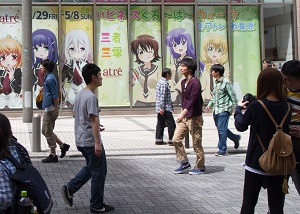
Akihabara in Tokyo, an anime town
Manga and Anime have become an international word for comics, cartoon or animation of Japan.
In Japan, the word of "Manga" is mainly used for the pictures on the comics.
And the word "Anime" (shortened form of "animation") is used for the moving image.
In any bookstore, there is a manga section and a lot of manga books and magazines are sold.
Several mangas are broadcast on TV and some works of anime are shown in many movie theaters throughout Japan.
Sumo
Sumo is a Japanese traditional sport.
It is one of fighting sports, so two wrestlers have a match.
The origin is very old, and a record of match around the 5th century is found in ancient writing.
Since old time, Sumo linked with Shinto, which is the indigenous religion of Japan.
Many Shinto shrine had hold sumo to tell whether people could get a good harvest or not.
Such background gives Sumo some ritual performances.
Sumo is Japanese national sport, but only part of Japanese people play it.
Because, it is a very hard sport using extraordinary physical strength.
Now, sumo is a sport to enjoy watching for common Japanese people.
Sumo tournament is the traditional Japanese sports show by professional Sumo wrestlers.
If you visit Japan, you may watch the performance.
I introduce the system of Sumo tournament.
Japanese traditional music & dance
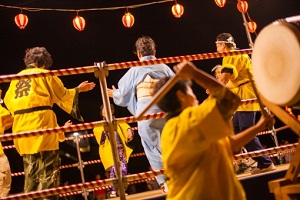
Bon Dance and Japanese drum
Many Japanese people like popular songs.
Also there is a music genre of "enka" which is a form of sentimental ballad music since 1950s.
These has been affected from the western music.
Except for this, there are Japanese traditional music and dance.
When you visit Japan, you may hear the music and see the dance in the festival of any temple and shrine.
I introduce such Japanese music and dance.
Japanese performing arts
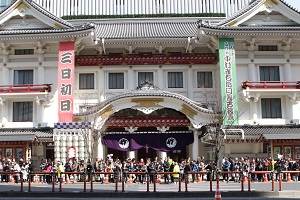
Kabukiza theater in Tokyo
Kabuki is a known Japanese performing art.
And Noh, Kyogen are slow dance performing arts.
Bunraku is a puppet drama, and is also called Ningyo-Joruri.
These are based on the above Japanese traditional music and dance.
In the following pages, I introduce them.
Japanese visual arts
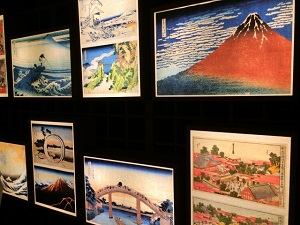
There are traditional Japanese visual arts such as painting, sculpture.
Flower arrangement is a unique Japanese art.
Calligraphy is a common art with China using Chinese characters (Kanji).
Japanese traditional crafts may be the good souvenirs for your travel.
I introduce the outline of above arts.
Tea Ceremony
Tea ceremony is called "Sadou" in Japanese, and it means "the way of tea".
To put it simply, it is a ceremony that the host makes a tea and entertains the guests with ritual.
Of course, when we do an entertaining for our guests at home, we serve tea to them.
But commomly it is not a way of tea ceremony but a casual way.
Additionally, most Japanese people don't know the formal way of tea ceremony, and if we want to join a tea ceremony, we must learn the rule of it.
So basically, the people who have learned or are learning are invited to the tea ceremonies held in various location.
I introduce the outline of tea ceremony.
Geisha & Maiko
Geisha is the female entertainer in the room of high-class Japanese-restaurant.
She entertains the guests and performs Japanese classical music and dance in front of the guests.
Maiko is the apprentice of Geisha, and she works as the entertainer only in Kyoto.
Unfortunately, many foreigners misunderstand that Geisha are prostitutes.
It is entirely wrong.
Please know about the real Geisha and Maiko.

